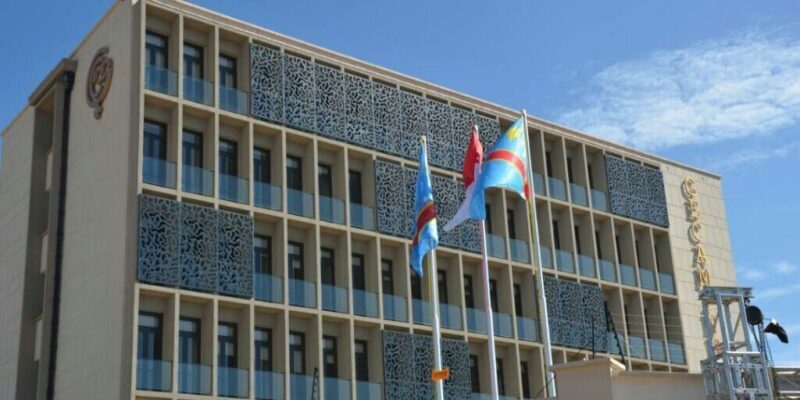Gecamines Assumes Control of Copper Sales from Joint Ventures to Enhance Oversight of the Metal
The Democratic Republic of Congo’s state miner, Gecamines, has begun selling its share of copper from joint-venture projects for the first time as the country seeks greater control over a metal crucial to the energy transition.
Gecamines holds minority stakes in large mines operated by companies such as China’s CMOC Group and Glencore Plc. Until now, the joint ventures themselves have sold all the production.
However, the state company is now taking a more active role in marketing its portion, totaling hundreds of thousands of tons a year, according to sources familiar with the matter.
Gecamines is offering copper from CMOC’s giant Tenke Fungurume mine, in which it holds a 20% interest. The state miner is assessing bids for 90,000 tons from the project, with potential buyers including Glencore, Trafigura Group, and Mercuria Energy Group, according to sources.
The three trading houses declined to comment, while the Tenke joint venture and Gecamines did not respond to requests for comment.
Gecamines’ move creates opportunities for traders to bid on significant new contracts amid heated competition for copper deals. Congo has recently become the world’s second-largest producer and has seen exports nearly triple since 2016.
Global demand for copper, driven by growth in electric vehicles, grid infrastructure, and data centers, is expected to outstrip investment in new supplies.
Earlier this year, Gecamines held a smaller tender, with CMOC metals trader IXM purchasing copper from the Kambove mine, a joint venture between the Congolese state and China Nonferrous Metal Mining Group.
IXM did not respond to questions about the Kambove tender.
Gecamines plans to conduct similar processes for its share of copper from Glencore’s Kamoto operation and the Chinese-owned Sicomines project, which together produced over 400,000 tons of copper last year.
By organizing these tenders, Gecamines hopes to gain more insight into whether its partners—some of which are both miners and traders—are selling their larger portions at the best possible price.
Benchmark copper prices surged to a record above $11,000 a ton in May before retreating due to a softening market in top consumer China.
The state company has not yet sold any cobalt, a copper byproduct used in electric vehicle batteries. Congo accounted for about three-quarters of global cobalt output last year, but prices have tumbled amid a glut of supply.
157 total views , 1 views today





